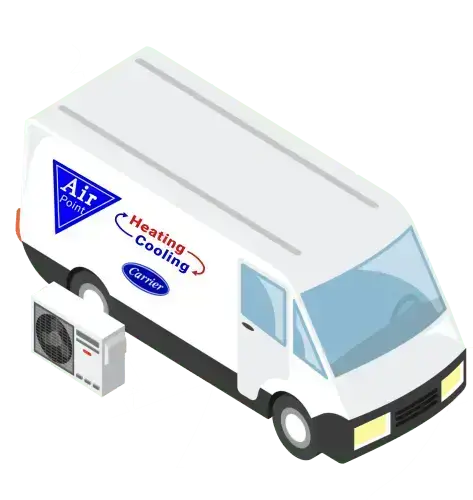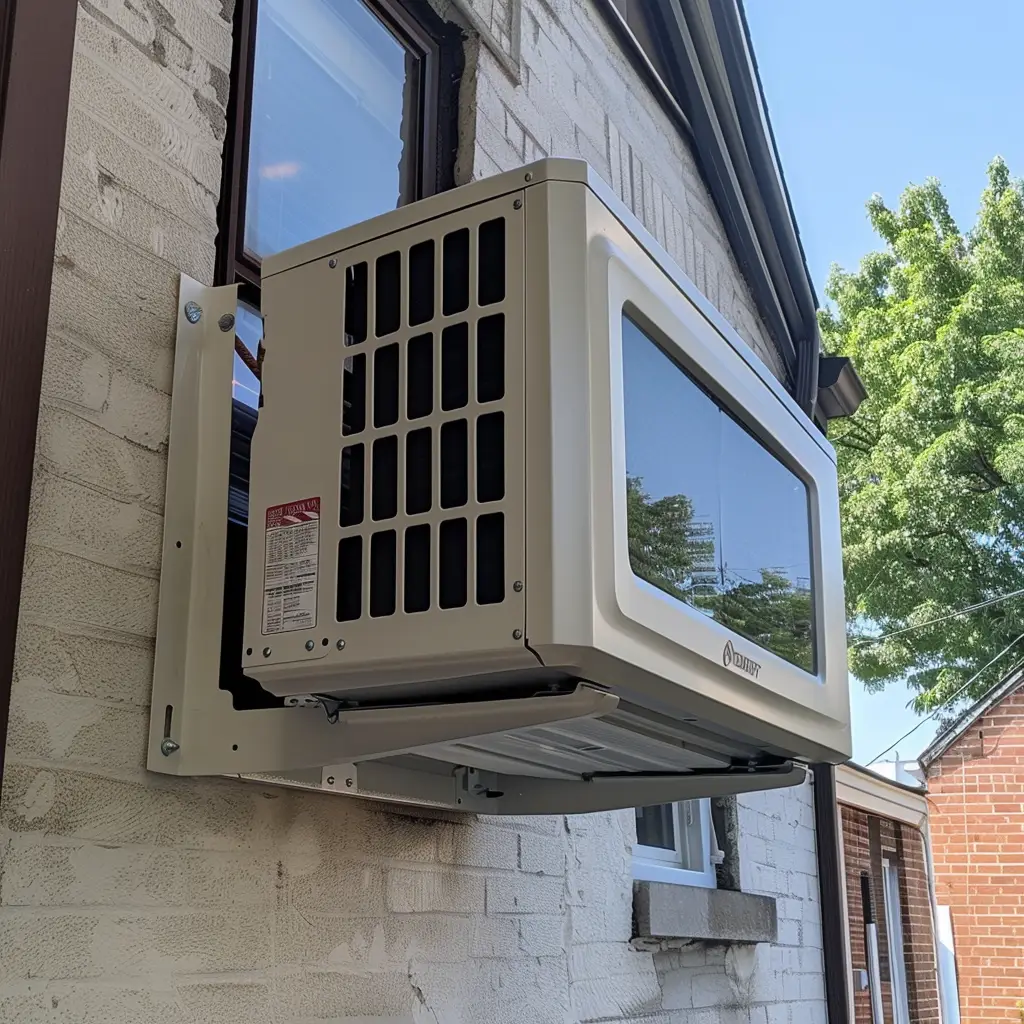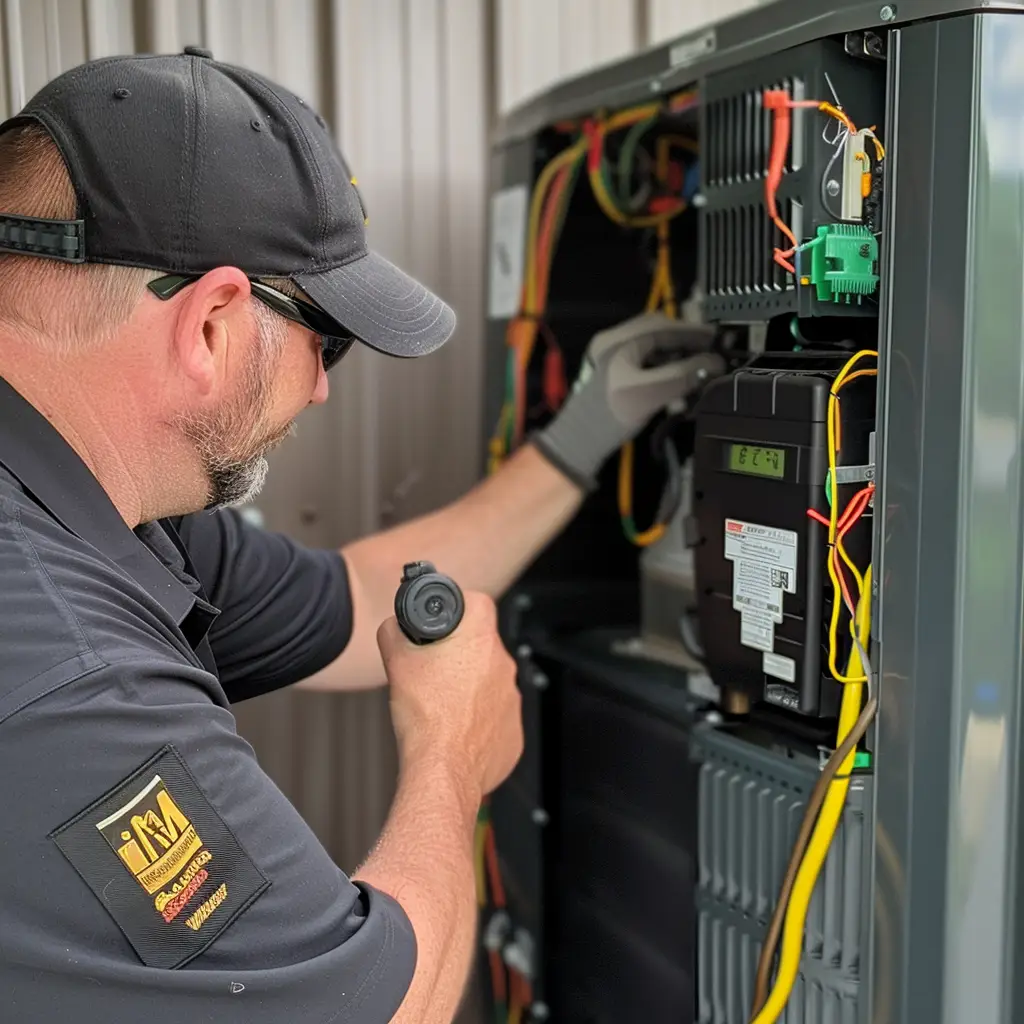Introduction
If you’re like most homeowners, you probably don’t think about your HVAC system until it starts giving you trouble. But did you know that regular preventative maintenance can help you avoid costly breakdowns, extend the life of your system, and even save you money on energy bills? In this article, we’ll share seven simple, yet essential, DIY HVAC preventative maintenance tasks that you should be doing to keep your system running smoothly all year long.
Importance of HVAC Preventative Maintenance
Before we dive into the specific maintenance tasks, let’s take a moment to discuss why HVAC preventative maintenance is so important.
Energy Efficiency
A well-maintained HVAC system runs more efficiently, using less energy to heat or cool your home. This not only saves you money on your energy bills but also helps reduce your environmental impact.
Longer Lifespan
Regular maintenance can help extend the life of your HVAC system, preventing premature breakdowns and saving you money on replacement costs.
Improved Indoor Air Quality
A clean, well-maintained HVAC system can help improve the air quality inside your home, reducing allergens and pollutants that can cause respiratory issues.
7 Essential DIY HVAC Preventative Maintenance Tasks
Now that we’ve established the importance of preventative maintenance, let’s dive into the seven essential tasks you should be doing.
Replace or Clean Your Air Filters
One of the simplest and most important tasks in HVAC maintenance is replacing or cleaning your air filters.
Types of Filters
There are various types of air filters available, including disposable fiberglass, pleated, and reusable filters. Make sure to use the correct filter for your system.
Frequency of Replacement
Generally, air filters should be replaced or cleaned every one to three months, depending on the type of filter and usage. Check your manufacturer’s recommendations for specific guidelines.
Clean the Condenser Unit
The outdoor condenser unit can collect dirt, leaves, and debris over time, which can reduce its efficiency.
How to Clean the Condenser Unit
To clean the condenser unit, first turn off the power to the unit. Then, gently remove any debris from the exterior using a soft brush or cloth. Remove the fan cage and use a vacuum or blower to clean the interior. Lastly, use a hose to spray the fins from the inside out, being careful not to bend them.
Inspect the Condensate Drain
The condensate drain is responsible for removing moisture from your HVAC system. A clogged drain can lead to water damage and decreased efficiency.
How to Clean the Condensate Drain
To clean the condensate drain, locate the PVC pipe near your indoor unit. Remove the cap and use a wet-dry vacuum to suck out any clogs. You can also pour a mixture of water and vinegar down the drain to help prevent future buildup.
Check the Thermostat
A properly functioning thermostat is essential for maintaining a comfortable indoor temperature.
How to Calibrate the Thermostat
First, ensure that your thermostat is set to the correct mode (heating or cooling). Next, use a reliable thermometer to check the temperature in the room. If there’s a significant difference between the thermostat reading and the actual temperature, you may need to recalibrate the thermostat according to the manufacturer’s instructions.
Clean the Indoor Air Vents
To clean your air vents, first turn off your HVAC system. Then, remove the vent covers and use a vacuum with a brush attachment to clean the vents. You can also use a damp cloth to wipe down the vent covers before reinstalling them.
Inspect the Ductwork
Leaky or damaged ductwork can lead to reduced efficiency and uneven heating or cooling.
How to Identify Leaks
To check for leaks in your ductwork, visually inspect the accessible portions for any signs of damage. You can also feel for drafts near the ducts while your HVAC system is running. If you suspect a leak, consider hiring a professional to inspect and repair the ducts.
Schedule an Annual HVAC Maintenance Checkup
Lastly, it’s essential to schedule an annual professional maintenance checkup for your HVAC system. A certified technician can identify and address any issues that may not be apparent to the untrained eye.
For a walkthrough of a technician performing HVAC maintenance from beginning to end, check out this video by Precision Temperature
Trust AirPoint for Your DIY HVAC Preventative Maintenance Needs
By following these seven simple DIY HVAC preventative maintenance tasks, you can help ensure your system runs smoothly, efficiently, and provides a comfortable living environment. Remember, regular maintenance not only saves you money on energy bills and replacement costs but also improves your indoor air quality. And when you need professional assistance, trust AirPoint, a Carrier factory authorized dealer and NATE certified company in Toronto. We take pride in being awarded HomeStars Best of the Best 2023 and maintaining a 5-star rating on Google and HomeStars. All our technicians are fully certified by TSSA, HRAI, and CSA.
Essential DIY HVAC Preventative Maintenance FAQs
How does UV light work in HVAC systems?
UV light, specifically UVC light, is installed within HVAC systems to neutralize harmful pathogens like bacteria, viruses, and mold spores by damaging their DNA or RNA. This improves indoor air quality and helps maintain a clean HVAC system.
Is UV light safe for use in HVAC systems?
Yes, UV light is safe when installed correctly in HVAC systems. The UV light should be enclosed within the unit to prevent accidental exposure to occupants, as direct exposure can cause skin and eye irritation.
How often should I clean or replace the UV lamps in my HVAC system?
Follow the manufacturer's recommendations for cleaning and replacing the UV lamps. Regular maintenance is essential for optimal performance and germicidal effectiveness.
Can I use UV light in conjunction with other air filtration methods?
Absolutely! Combining UV light with other air filtration methods, such as HEPA filters or activated carbon filters, can enhance indoor air quality and create a healthier living environment.
Is it better to have a professional install a UV light system in my HVAC unit?
Yes, it's best to have a professional install your UV light system. They can ensure that the system is installed correctly and safely, optimizing its effectiveness and preventing any safety hazards.





